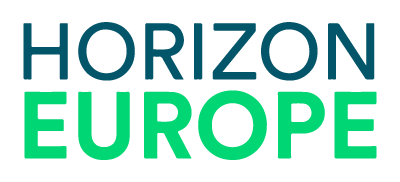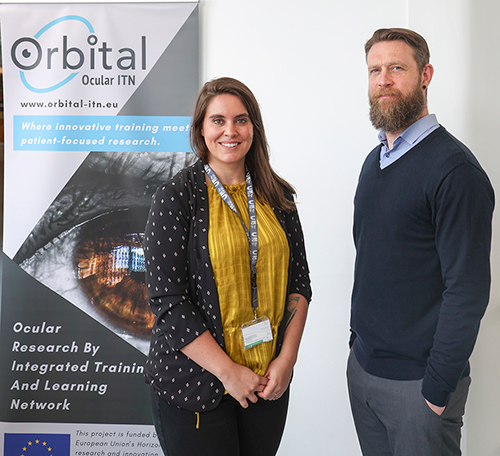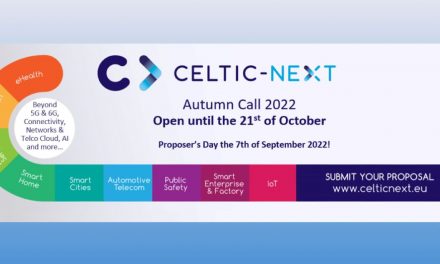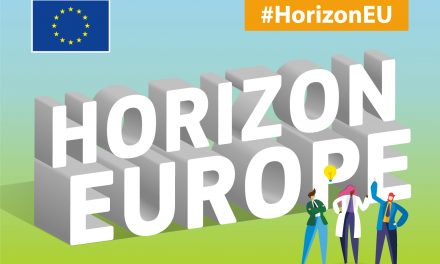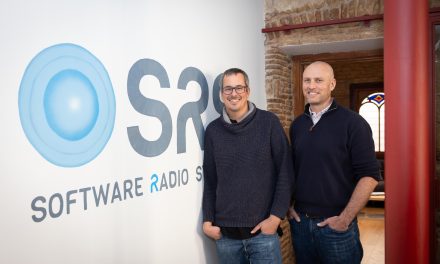As the European population ages, a growing number of people are affected by problems with their eyesight.
But managing conditions like age-related macular degeneration (AMD) and diabetic retinopathy for the near 20% of Europeans aged over 65 has been challenging, due to difficulties in developing safe and easy-to-use treatments.
Enter ORBITAL, a research network coordinated from the South East Technological University (SETU), and dedicated to developing innovative technologies to treat back-of-the-eye diseases.
It received over €4 million from the European Union’s Horizon 2020 programme in 2019, as part of the Marie Sklodowska-Curie funding to support the creation of doctoral networks.
Of that, €1.9 million went to researchers on the island of Ireland as the project strives to meet the clinical need for “efficient, safe, non-invasive and patient-friendly strategies” to treat posterior segment eye diseases.
Well worth the effort
Despite the challenges of the application process, the Horizon funding is well worth applying for, ORBITAL project coordinator Dr Laurence Fitzhenry says. “This is one of the best PhD funding programmes available in Europe and allows you to carry out research that would be very difficult to do otherwise.”
In addition to hiring top-tier researchers and connecting them with academic, clinical and industry partners in Europe and North America, it allowed ORBITAL to think outside the box and broaden the scope of its research.
“We’ve been able to run events like a World Cafe event, for example, which in the laboratory sciences is not necessarily something that people have the funding for,” Fitzhenry says
The event allowed ORBITAL to bring together researchers, patients, carers and scientists to exchange experiences and gather information to help inform the research.
“Having the money to run these events has given an additional dimension to our research,” Fitzhenry says. “We hear what patients want and need, what could help clinicians to treat those patients and how research might help.”
If, at first, you don’t succeed …
Three years of work went into ORBITAL’s first grant application, which proved unsuccessful. But ORBITAL tried again. Next time round, it got the funding.
“The biggest thing I would say in these applications is to be as specific as possible,” says ORBITAL project manager Tess Ames. It’s important to supply as much background information as possible so the Horizon panel understands how innovative the project is, that it is “moving forward”, she says.
To do that, it’s important to get “the legal pieces” in place as early as possible.
Organising confidential disclosure agreements (CDAs) and non-disclosure agreements (NDAs) can be a lengthy process, particularly if partners are based outside the EU, Ames says.
“We recognise that everyone wants to protect their IP (intellectual property), as they should. But really fighting for that information is a critical part of the grant writing process.”
Find a good project manager
Fitzhenry also points to the value of having a project manager on board.
In ORBITAL’s case, Ames oversees the ongoing management of the network, including the 15 researchers and 23 partners, along with a 36-month training programme as well as conferences meetings and workshops, in Ireland and abroad.
“Without a project manager, it would be almost impossible,” Fitzhenry says. “I would advise people not to focus on project managers with a background in science. The main focus should be project management and experience in grant writing and management”.
Next steps
ORBITAL’s current funding runs until February 2024 but it plans to submit a new funding application to Horizon Europe this year.
It hopes to use this to establish a new doctoral training and research network with a further 15 researchers, to bring the research forward.
“We’re taking everything we’ve learned from this one and applying it to the next one, both in terms of training, in terms of management and in terms of the research itself,” Fitzhenry says.
EI support
For ORBITAL, support from Enterprise Ireland was critical to securing the funding. A Coordinator Support Grant allowed Fitzhenry to secure leave from teaching so he could focus on preparing the applications.
“The ability to buy out time from my teaching workload and to focus that time specifically on grant writing was a significant support,” Fitzhenry says.
When ORBITAL made its second application, it availed of EI’s Travel Grant to visit partners overseas. “Being able to meet people in person and share ideas, while working on specific parts of the application made a big difference to our training plans and our overall grant application.”
Aside from financial support, Ames points to the moral support the team received. “Our National Contact Points (NCPs) have also been exceptional and helped in the building of the application, or with smaller questions that have cropped up,” she says.
“Once the funding was received from the Commission, our Project Officer in Brussels has been a tremendous help and is incredibly supportive and provides outstanding guidance.”
If you would like advice about accessing Horizon Europe support or further details, please contact horizonsupport@enterprise-ireland.com or visit Horizon Europe Ireland
